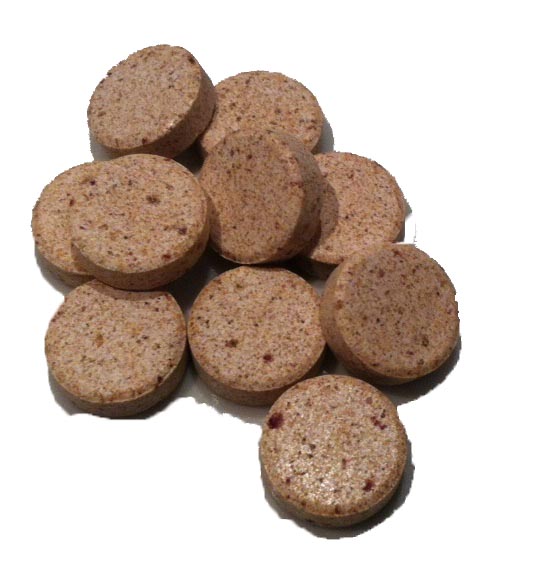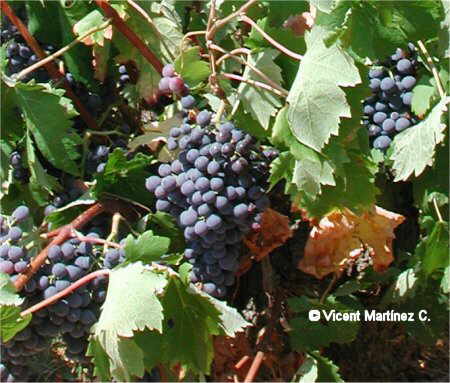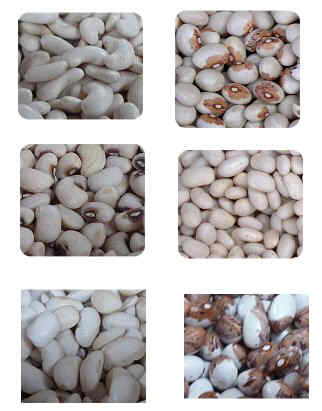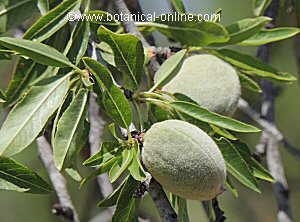Contents
Nutritional benefits of egg yolk
What are the main properties of egg yolk?
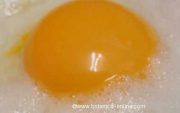 Egg yolk is a very important food because:
Egg yolk is a very important food because:
- It contains abundant proteins.
- It is rich in minerals, specially calcium, phosphorus and iron. All of them involved in the conservation and maintenance of bones.
- Its high content in vitamin D also helps to promote the absorption of calcium.
- a high proportion of B vitamins (especially riboflavin, pantothenic acid and folic acid) and vitamin A.
What is the food composition of egg yolk?
The following table shows the food composition of the egg yolk. It is worth mentioning its very high energy value, since egg yolk provides more than 350 kcal per 100g.
Mineral and vitamin content is much more higher than in egg white. (look at the difference in what refers to calcium, phosphorus and iron, for example)
| Composition of eggs yolk, compared to eggs white, 100 g. | ||
| Raw egg yolk | Raw egg white | |
| Water | 48, 81 g. | 87, 81 g. |
| Calories | 358 Kcal | 50 Kcal |
| Fats | 30, 87 g. | 0, 0 g. |
| Proteins | 16,76 g. | 10,52 g. |
| Carbohydrates | 1,78 g. | 1,03 g. |
| Fiber | 0 g. | 0 g. |
| Potassium | 94 mg | 143 mg |
| Sodium | 43 mg | 164 mg |
| Phosphorus | 488 mg | 13 mg |
| Calcium | 137 mg | 6 mg |
| Magnesium | 9 mg | 11 mg |
| Copper | 0,025 mg | 0,006 mg |
| Iron | 3,55 mg | 0, 03 mg |
| Zinc | 0,4 mg | 0,01 mg |
| Vitamin C | 0 mg | 0 mg |
| Vitamin B1 (Thiamin) | 0,170 mg | 0,006 mg |
| Vitamin B2 (Riboflavin) | 0,639 mg | 0,452 mg |
| Vitamin B3 (Niacin) | 0,015 mg | 0,092 mg |
| Vitamin B5 (Pantothenic acid) | 3,807 mg | 0, 119 mg |
| Vitamin B6 (Pyridoxine) | 0,392 mg | 0,004 mg |
| Vitamin B9 (Folic acid) | 146 mcg | 3 mcg |
| Vitamin B12 (Cobalamin) | 3. 11 mcg | 0,20 mcg |
| Vitamin A | 1945 IU / 584 mcg | 0 |
| Vitamin D | 148 IU | 0 |
| Vitamin E | 3.16 mg | 0 |
*Related information:
![]() More information about eggs.
More information about eggs.
This article was endorsed by Elisenda Carballido - Dietitian nutritionist. Postgraduate in Phytotherapy and master in Nutrition and Metabolism.


